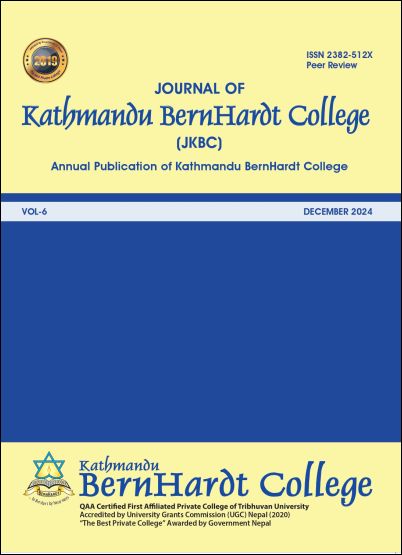Portraying my Research Journey from Positivist to Post-Modernist
DOI:
https://doi.org/10.3126/jkbc.v6i1.72981Keywords:
Paradigm, Positivism, Post-positivism, Interpretivism, Criticalism, PostmodernismAbstract
This paper delves into the philosophical underpinnings of various educational research paradigms, spanning from Positivism to Post-Modernism. Through an exploration of the researcher's pedagogical journey, it aims to elucidate the interconnections between epistemology, ontology, axiology, and methodology within each paradigm. Beginning with Positivism, characterized by its emphasis on empirical observation and objective truths, the paper navigates through the evolution towards Post-Positivism, which acknowledges the role of subjectivity and context in knowledge production. Interpretivism is examined next, highlighting its focus on understanding the subjective meanings and interpretations individuals attach to their experiences. Criticalism emerges as a paradigm that critiques power structures and seeks to empower marginalized voices in research. Finally, the paper delves into Post-Modernism, which challenges grand narratives and embraces pluralistic perspectives. Each paradigm is illustrated with examples from the researcher's own experiences, demonstrating how research within each framework is justified and legitimized. Through this exploration, the paper contributes to a deeper understanding of the diverse philosophical perspectives that inform educational research methodologies.




